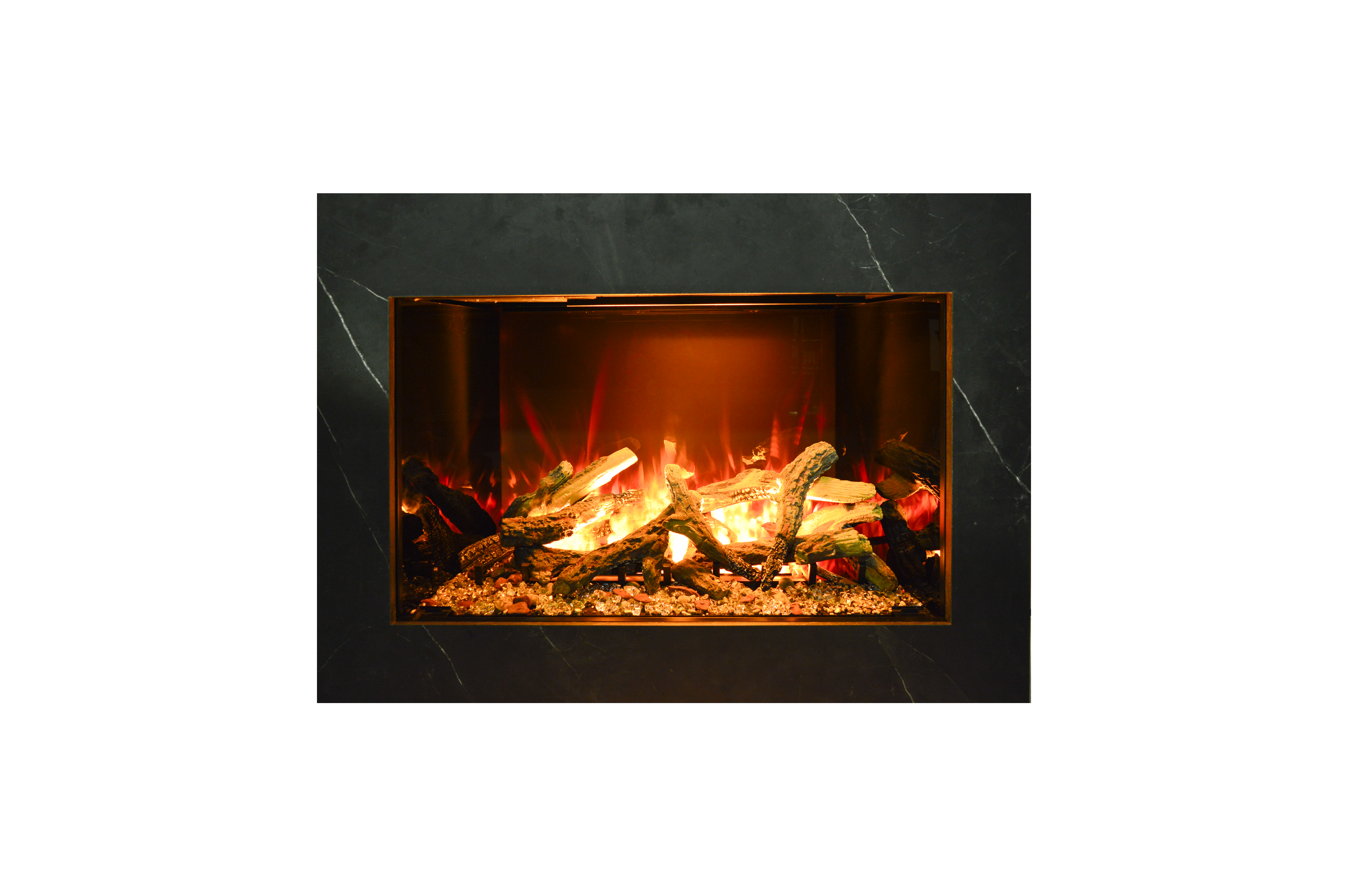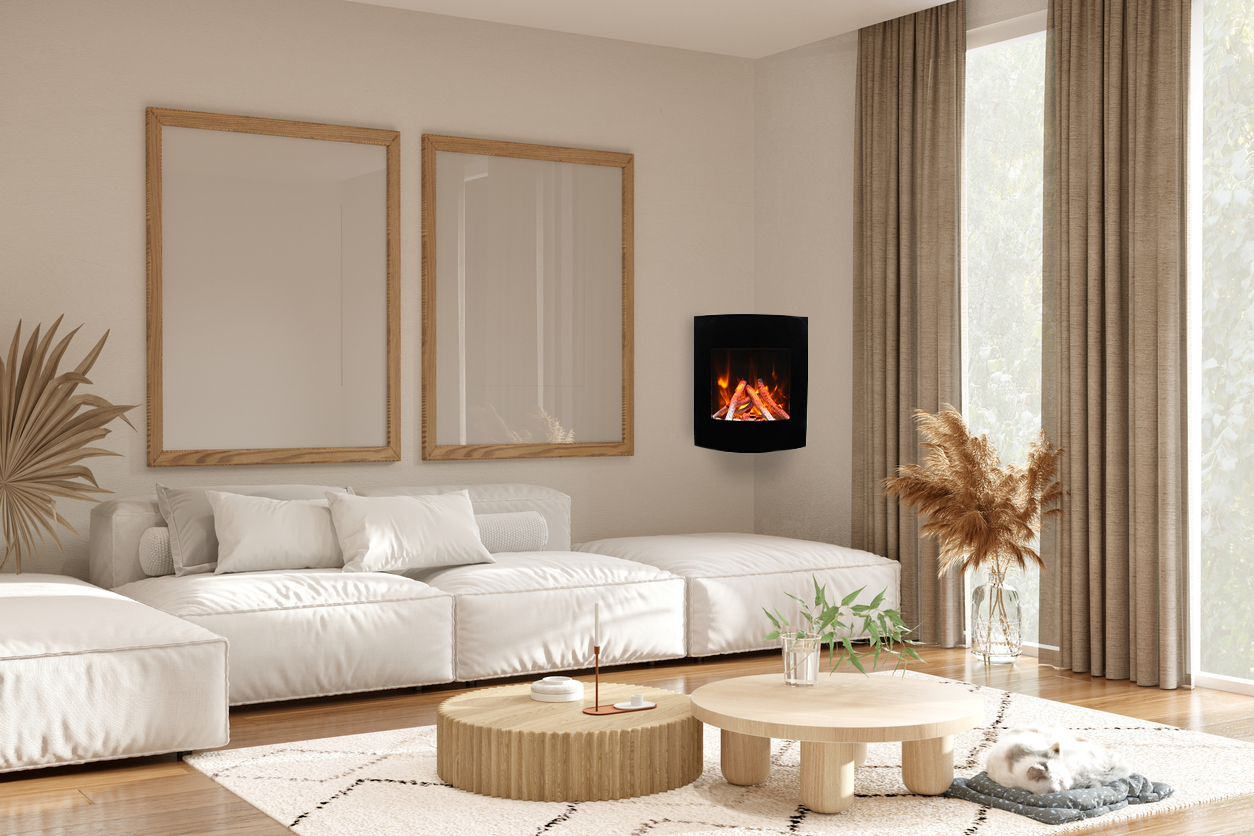Electric fireplaces have gained popularity as an efficient and convenient heating option, offering both warmth and ambiance to homes. However, concerns about their energy consumption often arise. In this blog, we will explore the truth behind the question: Do electric fireplaces use a lot of electricity? Let’s debunk the myths and gain a clear understanding of their energy efficiency.
Understanding Electric Fireplace Energy Consumption: To determine whether electric fireplaces use a significant amount of electricity, we need to examine their power requirements and compare them to other household appliances. Here are key factors to consider:
- Wattage: Electric fireplaces typically range in wattage from 750 watts to 1500 watts, with higher wattage models providing more heat output. The wattage rating indicates the amount of power the fireplace consumes per hour of operation.
- Heat Output: Electric fireplaces offer zone heating, which means they can efficiently heat specific areas or rooms. By warming only the required space, they minimize energy wastage compared to central heating systems that heat the entire home.
- Thermostatic Controls: Many electric fireplaces are equipped with thermostatic controls, allowing you to set a desired temperature. Once the room reaches that temperature, the fireplace will automatically adjust its heat output or switch to a standby mode, saving energy in the process.
- Energy Efficiency: Unlike traditional fireplaces that lose a significant amount of heat through the chimney, electric fireplaces generate heat directly, resulting in better energy efficiency. They don’t require ventilation or lose heat to the outside environment, making them more effective at heating indoor spaces.
Comparing Energy Usage
To put electric fireplace energy consumption into perspective, let’s compare it to common household appliances:
- Electric Fireplace vs. Space Heater: Electric fireplaces typically consume less energy than standalone space heaters, as they incorporate features like thermostat controls and energy-efficient operation. They provide comparable heat output while consuming fewer kilowatt-hours (kWh) of electricity.
- Electric Fireplace vs. Central Heating: Central heating systems consume significantly more energy as they heat the entire home. Electric fireplaces, on the other hand, allow you to heat specific areas, reducing overall energy usage.
- Electric Fireplace vs. Other Appliances: Electric fireplaces’ wattage falls within the range of various household appliances, such as hairdryers, microwave ovens, or toasters. In terms of energy consumption, electric fireplaces are comparable to these appliances and can be used responsibly without significant impact on your electricity bill.
Contrary to popular misconceptions, electric fireplaces do not consume excessive amounts of electricity. Their energy efficiency, zone heating capabilities, and thermostatic controls make them an efficient and cost-effective heating solution. By heating specific areas and eliminating heat loss associated with traditional fireplaces, electric fireplaces provide a cozy atmosphere without significantly impacting your electricity consumption. So, if you’re considering an electric fireplace for your home, rest assured that they offer a balance of warmth, ambiance, and energy efficiency.



